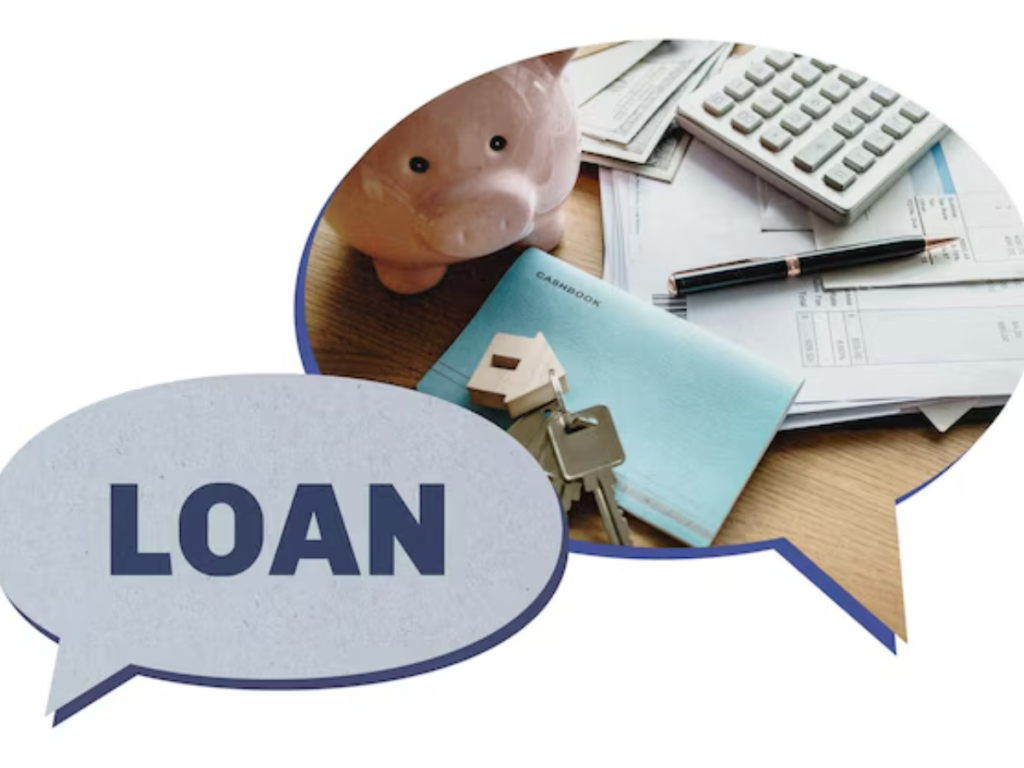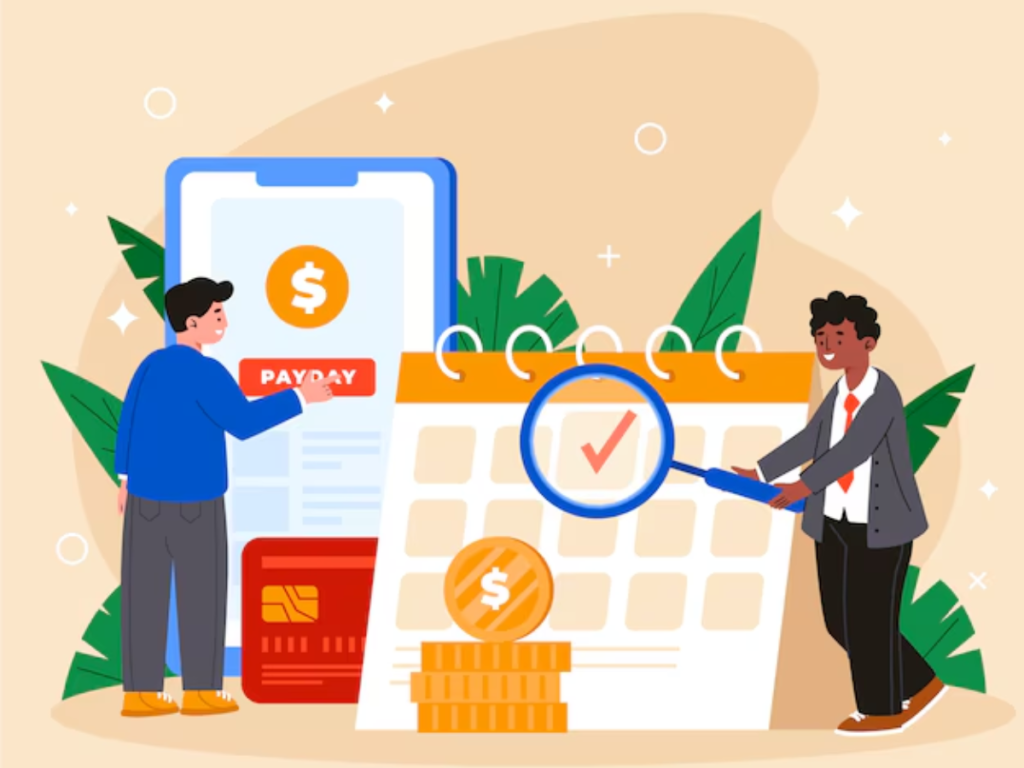Introduction
Having multiple loans can be confusing with varying interest rates, repayment periods, and due dates. Borrowers struggle to manage multiple payments, which causes financial pressure and sometimes even late payments. Loan consolidation provides a convenient solution by merging multiple debts into one loan with a single monthly payment. This makes it easier to manage debt and can even lower the overall interest paid in the long run. If you have several loans and wish to better manage them, consolidating them into one can be a good financial move. This article discusses how to consolidate several loans, the advantages and disadvantages of consolidation, the various types of consolidation loans that exist, and key considerations to make before making a choice
Understanding Loan Consolidation
Loan consolidation is a financial strategy that allows borrowers to merge multiple debts into a single loan. Instead of making multiple payments to different lenders each month, you make a single payment to one lender. This approach not only simplifies debt management but also helps in securing better repayment terms such as lower interest rates or extended repayment periods
Loan consolidation can be applied to different forms of debt such as
Credit card debt that usually has high interest rates which can be lowered by consolidation
Student loans federal and private loans can be consolidated for simplified repayment management
Personal loans that can be consolidated into a single loan to minimize financial stress
Medical bills that have the potential to pile up and be combined into an organized payment plan
Auto loans wherein a number of car loans may be consolidated into a single loan in order to make monthly payments less
Although consolidation of loans streamlines the payment process one needs to consider if it is suitable based on one’s personal finances
Advantages of Consolidation of Loans
Debt Management Simplified
One of the biggest advantages of loan consolidation is the convenience of managing one payment instead of multiple payments. Keeping track of multiple loan due dates can be stressful and missing a payment can result in penalties and a negative impact on credit scores. Consolidation eliminates this hassle making it easier to stay on top of your financial obligations
Lower Interest Rates
In many cases borrowers can secure a lower interest rate on a consolidation loan compared to the rates on their existing loans. This is particularly beneficial for high interest debts such as credit card balances. Lower interest rates reduce the overall cost of the loan allowing borrowers to save money in the long run
Fixed Repayment Schedule
As opposed to revolving credit accounts like credit cards with varying payments consolidation loans usually have a fixed payment plan. This is to say you will know exactly how much you are to pay every month and for how long. Fixed payments bring predictability and make budgeting simpler
Potentially Lower Monthly Payments
Consolidating loans can in some cases make it possible to pay less monthly particularly if the term of repayment is longer. This can open up cash flow and simplify paying other financial obligations. However one must consider that longer loan duration could mean that one pays higher interest in the long run
Better Credit Score
Making timely payments on a consolidated loan consistently can improve your credit score. And if consolidation decreases your credit utilization ratio by eliminating high credit card balances your credit score can also improve. Having a good credit score can improve your chances of getting future loans at good terms
Types of Loan Consolidation
There are a few different ways to consolidate loans and each has its own pros and cons. What is best depends on the type of debt you have and your financial profile
Personal Loan Consolidation
Personal loan can be used to consolidate multiple debts into a single loan with a fixed monthly payment. Numerous banks credit unions and online institutions provide personal loans with competitive rates. Personal loan consolidation is particularly beneficial for paying off high interest debts like credit cards into a lower fixed rate loan
Balance Transfer Credit Card
For those who are fighting off several credit card balances a balance transfer credit card can be a good option. Certain credit card issuers provide promotional zero or low interest rates for a specified time frame so that borrowers can settle their loans without adding extra interest. But after the promotional time is over the interest rate can rise very high so it is important to settle as much of the balance as one can before that.
Debt Consolidation Loan
The debt consolidation loan is tailored expressly for the consolidation of several debts into one loan. Banks credit unions and lenders offer these kinds of loans usually with fixed payment schedules and fixed interest rates. Low-interest costs can be attracted by borrowers whose credit scores are high, a consideration that draws in those considering to consolidate expensive debts
Home Equity Loan or Line of Credit
Homeowners can use a home equity loan or a home equity line of credit HELOC to pay off debt. These loans enable borrowers to access the equity that has been created in their homes to settle outstanding debts. Because home equity loans typically have lower interest rates than personal loans or credit cards they can be an economical choice. Though these loans utilize the house as collateral so defaulting on repayment might jeopardize the property
Student Loan Consolidation
For those having several federal student loans the government has a Direct Consolidation Loan. This tool bundles several student loans into a loan with an average interest rate of the present loans based on a weighted basis. Although it eases payment it does not necessarily reduce the rate of interest. Private loans are also able to be consolidated using private companies occasionally with lesser rates of interest based on credit status.
Steps to Consolidate Your Loans
Assess Your Financial Situation
Prior to consolidating loans review your present financial position. Enumerate all outstanding credit obligations including balances interest rates minimum payments and due dates. Knowing your overall debt and financial commitments will assist in determining if consolidation is the appropriate option for you
Check Your Credit Score
Your credit score is important in determining if you qualify for a good terms consolidation loan. A good credit score ensures that you receive low interest rates. In case your credit score is low, you can try to enhance it by paying bills on time lowering outstanding balances and refraining from new credit applications prior to consolidation application
Research and Compare Lenders
Various lenders charge different interest rates fees and repayment conditions. Compare banks credit unions online lenders and other financial institutions. Note the annual percentage rate APR loan period and any other charges on the loan
Apply for a Consolidation Loan
After you have chosen a lender get the documents needed like proof of income credit reports and loan statements. Apply and wait for your approval. Be aware that the lender can make a hard credit check which would decrease your credit score temporarily
Utilize the Loan to Clear Outstanding Debts
After receiving the consolidation loan use it to pay off your existing debts in full. Confirm with each lender that the balances have been cleared and ensure that no additional interest or fees are accrued
Make Consistent Payments
After consolidating your debts pay attention to timely payment every month. You may want to set up automatic payments so you do not miss due dates. Discipline in payments will make you debt free sooner and make your financial life better
Common Missteps to Steer Clear of When Consolidating Loans
While consolidating loans can be a wise financial decision, there are some missteps that will result in increased costs or even money loss. Knowledge about these traps will enable you to make sound choices and reap greater rewards from consolidation.
Selecting the Wrong Type of Loan Consolidation
Not all loan consolidation methods work the same way. For example, consolidating federal student loans with a private lender may result in the loss of federal benefits such as income-driven repayment plans and loan forgiveness options. Similarly, using a high-interest personal loan to consolidate low-interest student loans may increase your overall costs. Always research the terms and conditions of different consolidation options before making a decision.
Overlooking Loan Charges and Fees
There are lenders who impose origination fees, balance transfer fees, or prepayment penalties that increase the overall cost of the consolidation loan. Not considering these extra costs can lead to increased overall debt rather than alleviating financial burdens. Carefully read the terms before settling on a loan and compute any additional costs.
Prolonging the Repayment Period Unnecessarily
One popular approach to reducing monthly payments is to lengthen the repayment period. Although this can reduce payments in the short run, it requires paying more interest in the long run. Consider very carefully whether a longer term is really in your best interests. If at all possible, choose a term that weighs affordability against as little interest as possible.
Continuing to Accumulate New Debt
Consolidation works only if it keeps you debt-in charge. As long as you use credit cards or take more loans to clear a consolidation loan, you stand the chance to land yourself deeper into financial difficulty. To avoid this, set up a budget, monitor how much you are spending, and aim to eliminate debt before planning more borrowing.
Skipping the Step of Comparing the Lender and the Offer
Various lenders provide varying interest rates, terms of repayment, and conditions. Some borrowers hastily consolidate without comparing the best offer, incurring increased interest expense. Compare several lenders, ask for loan quotes, and select the one with the lowest cost and best terms of repayment.
Final Considerations
Though loan consolidation has a number of advantages it needs to be carefully considered against your financial objectives. Consider the terms of the interest rates of the new loan and total expense before proceeding. Also concentrate on practicing good habits like budgeting and responsible consumption to prevent creating new debt subsequent to consolidation. With the appropriate method of consolidation and sticking to regular payments, you can simplify managing debt ease financial stress and strive towards accomplishing long-term financial stability

